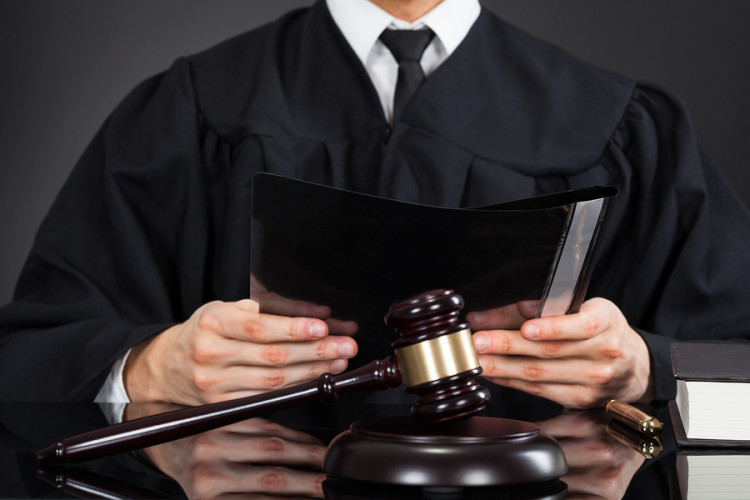Probate Who Gets Paid First?

by JIM TURNER 03/02/2023
Probate is the legal process of distributing a deceased person’s assets to their beneficiaries. During this process, it is important to understand who gets paid first, as this will determine the order in which debts and assets are settled.
The first people to be paid during the probate process are typically the deceased person’s creditors. This includes any outstanding debts, such as mortgages, loans, or credit card bills. The assets of the deceased person are used to pay off these debts, starting with the most pressing obligations.
Once all the creditors have been paid, the remaining assets of the deceased person are distributed to their beneficiaries.
The order in which beneficiaries receive their share of the assets is typically determined by the terms of the deceased person’s will or by state law. If there is no will, the state will use its default laws of intestacy to determine the distribution of assets.
In some cases, a personal representative, also known as an executor, is appointed to oversee the probate process and make sure that the deceased person’s debts are paid and their assets are distributed according to the law.
The personal representative is typically compensated for their time and services, but this payment is made after the creditors and beneficiaries have been paid.
It is important to note that some assets, such as joint accounts and life insurance policies, may pass directly to the beneficiaries outside of probate. This can help to reduce the time and costs associated with the probate process and ensure that the beneficiaries receive their inheritance more quickly.
It is important to note that some assets, such as joint accounts and life insurance policies, may pass directly to the beneficiaries outside of probate. This can help to reduce the time and costs associated with the probate process and ensure that the beneficiaries receive their inheritance more quickly.
Conclusion
During the probate process, creditors are typically paid first, followed by the beneficiaries. A personal representative may also be compensated for their time and services, but this payment is made after creditors and beneficiaries have been paid. Understanding the order of payments during probate can help to ensure a smooth and efficient distribution of assets.
About The Author
Jim Turner is a USA-based author of Legal issues related to estate planning, will & trust, business law, and elder law. Jim Turner does his best writing on these topics last will and testament Michigan which helps users to find the best solutions to their FAQ on estate planning in Michigan, the probate process, living trust, and more about legal family issues. The author can be reached through rochesterlawcenter.com
amazines.com







No Comment